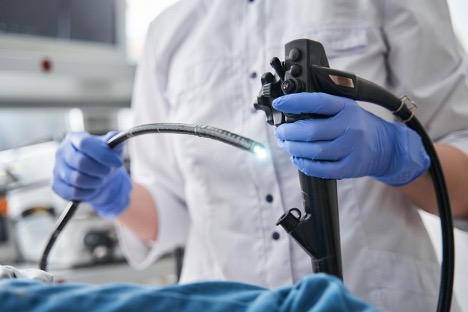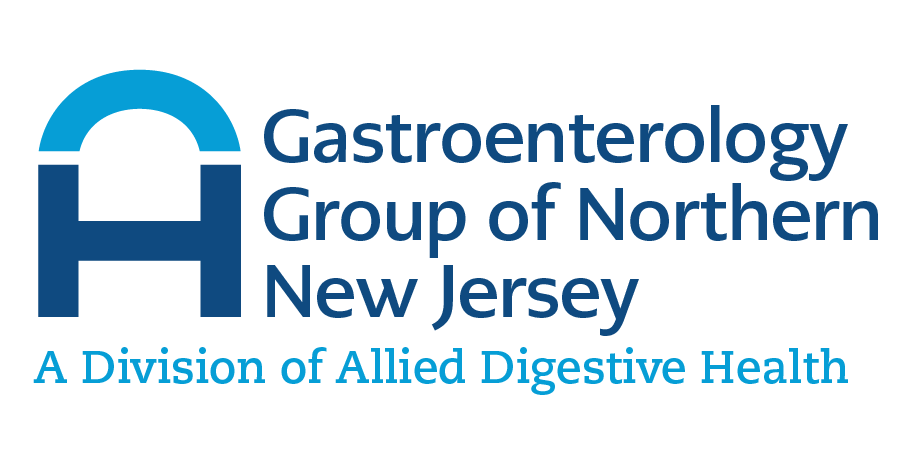
How Long Does an Endoscopy Take?
If you are having gastrointestinal symptoms and your doctor needs to determine what is wrong, they may request an upper Endoscopy to get a closer look. An Endoscopy is a non-surgical way to get a look at your digestive system using a flexible camera. Learning more about it can give you a good idea of what to expect before, during, and after this common procedure.
Most procedures take between seven to ten minutes to complete, but you should expect to be at the office for longer than that. You’ll need time to complete any last-minute paperwork, you’ll have to get set up with anesthesia, and after the procedure, you need some recovery time before you go home. Expect to spend a few hours in total, and plan on having someone help you get home afterward. You will likely want to rest due to the anesthesia.
What Happens During an Endoscopy?
According to the Mayo Clinic, it can be performed in the hospital, an outpatient surgical facility, or even your doctor’s office. During the procedure, your Gastroenterologist will use a camera on a thin, flexible tube to get a look at your upper GI tract. It visually examines the stomach, esophagus, and part of the small intestine. This will provide your doctor with more information about your condition; in some cases, treatment can be provided during an Endoscopy as well.
What Is My Endoscopy For?
Your doctor can let you know why you have an Endoscopy, but these are most commonly performed to explore or treat abdominal pain and pain related to the GI tract. Some of the most common reasons include the following:
- Get a closer look. An Endoscopy can help your doctor figure out what is triggering your digestive symptoms or abdominal pain. If you are experiencing nausea, acid reflux, stomach pain, heartburn, or vomiting without a known cause, then an Endoscopy could provide important information.
- Collecting tissue samples. If you need a biopsy or a sample to be tested, it can be collected via Endoscopy. This can be used to detect bleeding or to investigate the causes of other conditions, including anemia.
- Provide treatment. Endoscopy is more than just a diagnostic tool. The same thin, flexible tube that delivers the camera can also be used for tools. Your doctor may cauterize a blood vessel to stop bleeding or even remove a foreign object that has been swallowed.
- In conjunction with other procedures. Endoscopy may also be used in coordination with ultrasound to provide further information about other bodily systems and organs that might otherwise be difficult to visualize, including the pancreas.
Endoscopy offers a way to visualize the GI tract and surrounding organs, making it a primary and very useful tool for detecting, diagnosing, and fighting cancer and other conditions.
What Steps Do I Need to Take in Preparation for an Endoscopy
While you’ll receive full instructions from your doctor, you should expect to fast for 8 or more hours before the procedure. Your stomach needs to be empty for this procedure. Do not eat solid food for the 8 hours before your appointment, and do not drink water or other clear liquids for 4 hours before your appointment. This will ensure your stomach is empty and can be seen during the Endoscopy.
Do not take antacids or related medications on the day before the Endoscopy.
If you regularly take medication, you should discuss it with your doctor before the procedure. According to Stanford Medicine, you should avoid aspirin and medications that contain aspirin (including Pepto Bismol) a week before your Endoscopy. You should also discontinue other over-the-counter pain relievers like ibuprofen 5 days before your Endoscopy.
Some vitamins and supplements should also be avoided in the week before an endoscopy. If you regularly take iron, you should discontinue it 7 days before your procedure.
If you take prescription medications or herbal supplements, you should discuss them with your doctor before your endoscopy to ensure they are safe to take before your visit, in some cases, you may need to discontinue or change medication before your procedure. Your doctor can review your specific needs and health history and let you know what to do about your medication.
Arrange for transportation home; it is done under anesthesia, so you should have someone available to drive you home or assist you after your appointment.
What Is Going to Happen During the Endoscopy?
While every patient is unique, the process is the same. You will arrive for your appointment and change into a hospital gown. You will be administered an IV with a sedative and a local anesthetic to numb your throat. Because you will receive an IV sedative, you may fall asleep before or during the procedure; this is normal, as many patients fall asleep or sleep through the Endoscopy. You’ll lie down on your back or side during this procedure and should not experience any discomfort.
During this procedure, the Gastroenterologist will insert a thin, flexible tube down the throat. This tube has a camera and, if needed, micro tools for your examination. Endoscopy is low-risk and not painful. The camera allows the doctor to see what is going on in your stomach, esophagus, and small intestine. This will take about a half hour but could be longer depending on the reason for your Endoscopy.
After the Endoscopy
When the procedure is complete, you’ll be observed for a while to be sure you do not have any adverse effects. Adverse effects and side effects from the procedure or anesthesia are rare, so most people leave as soon as they are alert and awake. You will most likely feel tired after this procedure and may have a mild sore throat or stomach upset. These are normal side effects and should go away in a day or so.
In some cases, your results will be available immediately; in others, you may have to wait for the results. Biopsies and tissue samples may take time to process, so you will not hear about those right away. If you take regular medication, you can begin taking it again after your procedure unless your doctor advises otherwise. You can also resume your normal diet.
Learning more about Endoscopy can help you make the best possible decisions for your health. It can also help alleviate any anxiety you may be feeling about the process. To learn more about Endoscopy and how this process can help you, get in touch with our team today. We are dedicated to improving health and lives with Endoscopy and related procedures.
Footer
© All Rights Reserved 2021


